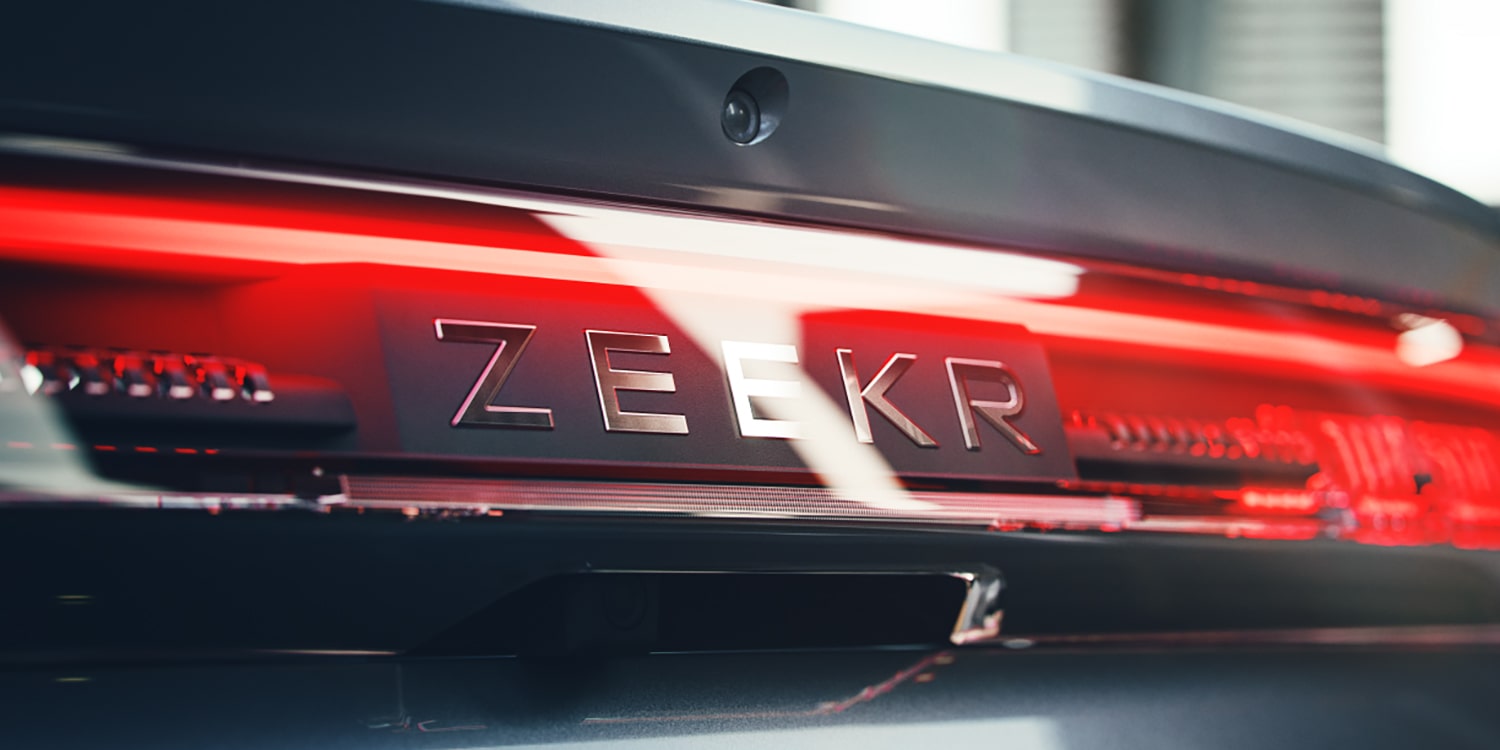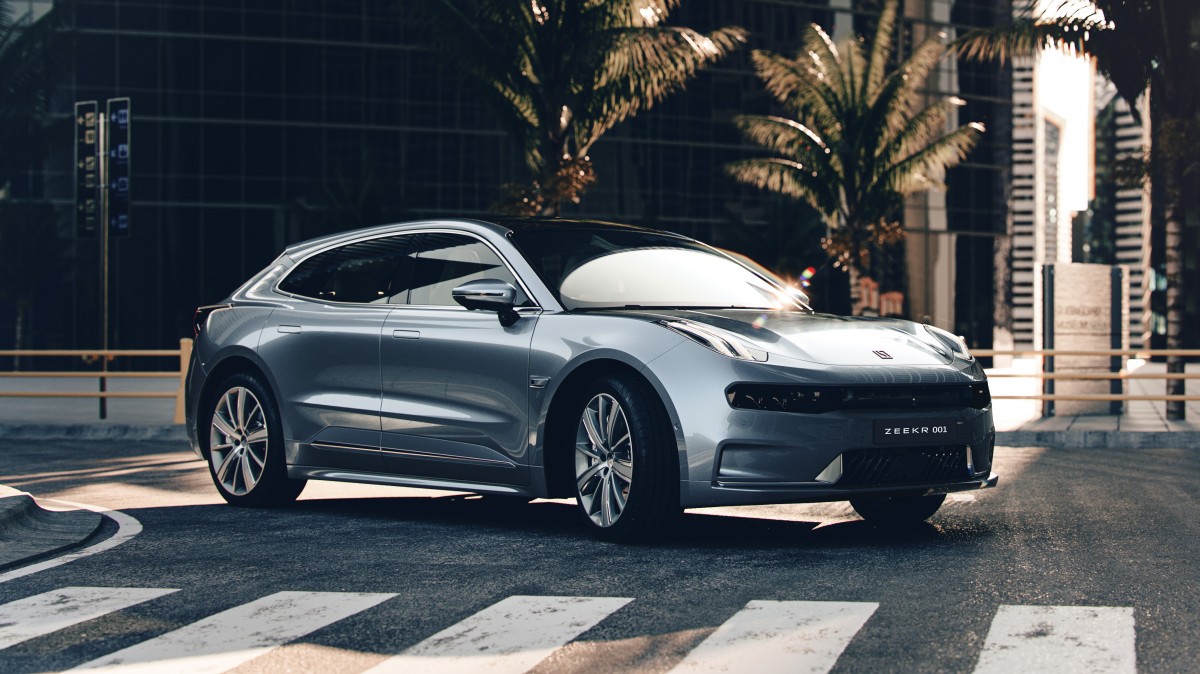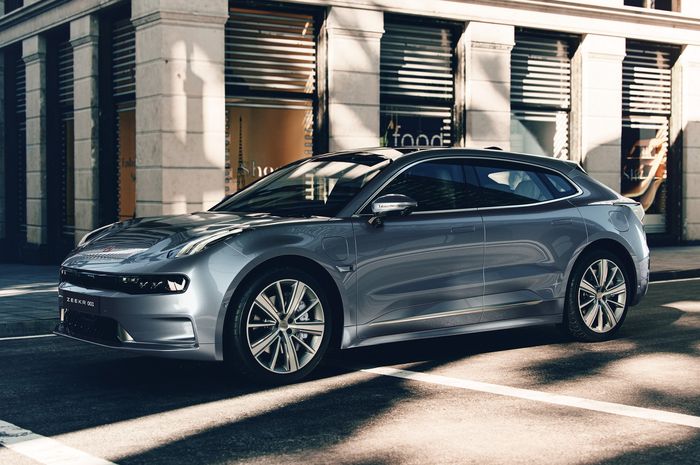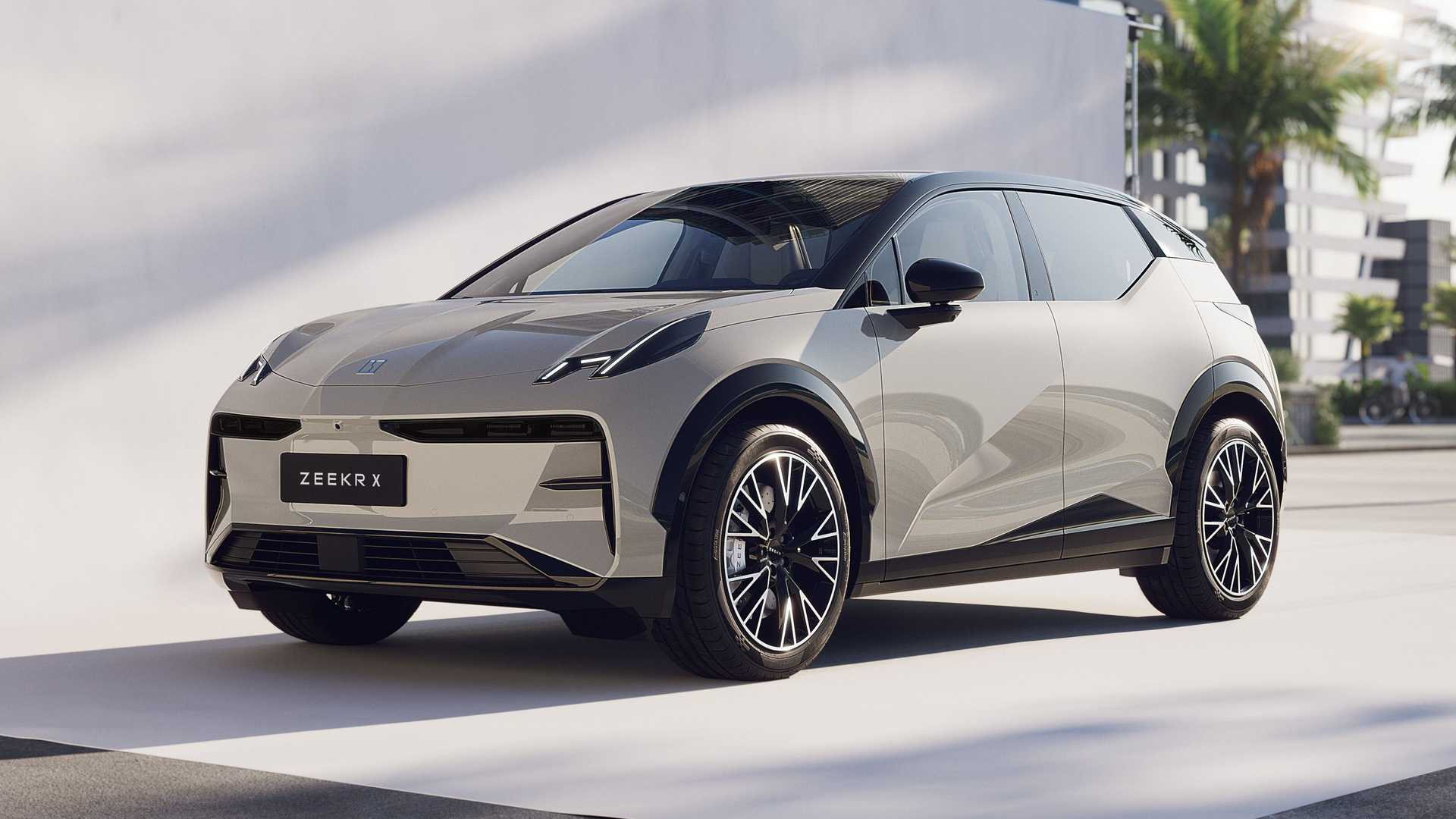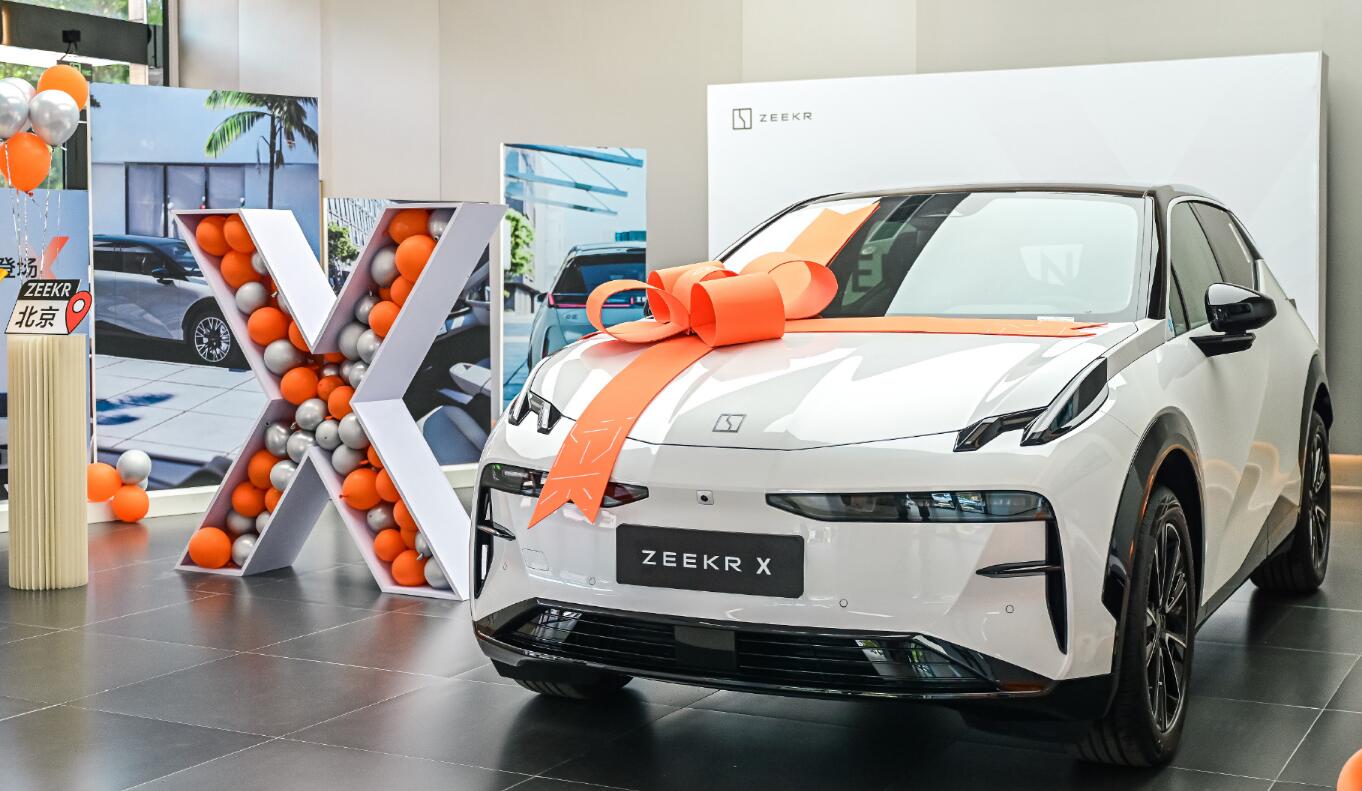Onsemi, a semiconductor manufacturer based in the United States, has secured a long-term supply contract with Zeekr, an electric car manufacturer owned by Geely, to provide their EliteSiC silicon carbide power module. The SiC semiconductors will be utilized by Zeekr to increase the efficiency of its electric cars’ powertrain, improving performance, faster charging speeds, and longer range. The EliteSiC MOSFET, 1200 V, M3E is expected to make the inverters smaller and the corresponding cooling systems, reducing the energy requirements of the vehicles further.
The supply agreement will enable the two companies to “build a stronger supply chain relationship to support ZEEKR’s growth over the next decade.” Zeekr, which uses the Sustainable Experience Architecture developed by Geely for its electric vehicles, may pave the way for other Geely brands to enter into their own agreements with Onsemi and adopt the technology more easily.
According to Hassane El-Khoury, President and CEO of Onsemi, “A reliable supply chain is critical to business success and, after significant investments in our SiC end-to-end supply chain, onsemi can offer this strategic value to customers.” He added that “This agreement will help our continued ramp of SiC operations, enabling us to offer industry-leading power devices that help our customers deploy the most efficient and highest performing EVs on the market.”
Zeekr’s CEO, Andy An, said that “ZEEKR will continue to explore different ways to accelerate the transition towards new energy vehicles” and that “With cutting-edge technologies such as advanced SiC, ZEEKR will be able to offer electric vehicles with improved performance and even lower carbon emissions.
See also: Onsemi Partners with BMW to Utilize Silicon Carbide Technology in Future Electric Cars
The announcement did not specify which vehicles would use Onsemi’s semiconductors, but the long-term partnership indicates a commitment to using the technology to build more efficient and sustainable electric cars. The SiC semiconductors offer a significant advantage in terms of efficiency, and this partnership could lead to more significant collaborations in the future, helping to advance the electric vehicle industry towards a cleaner and more sustainable future.

